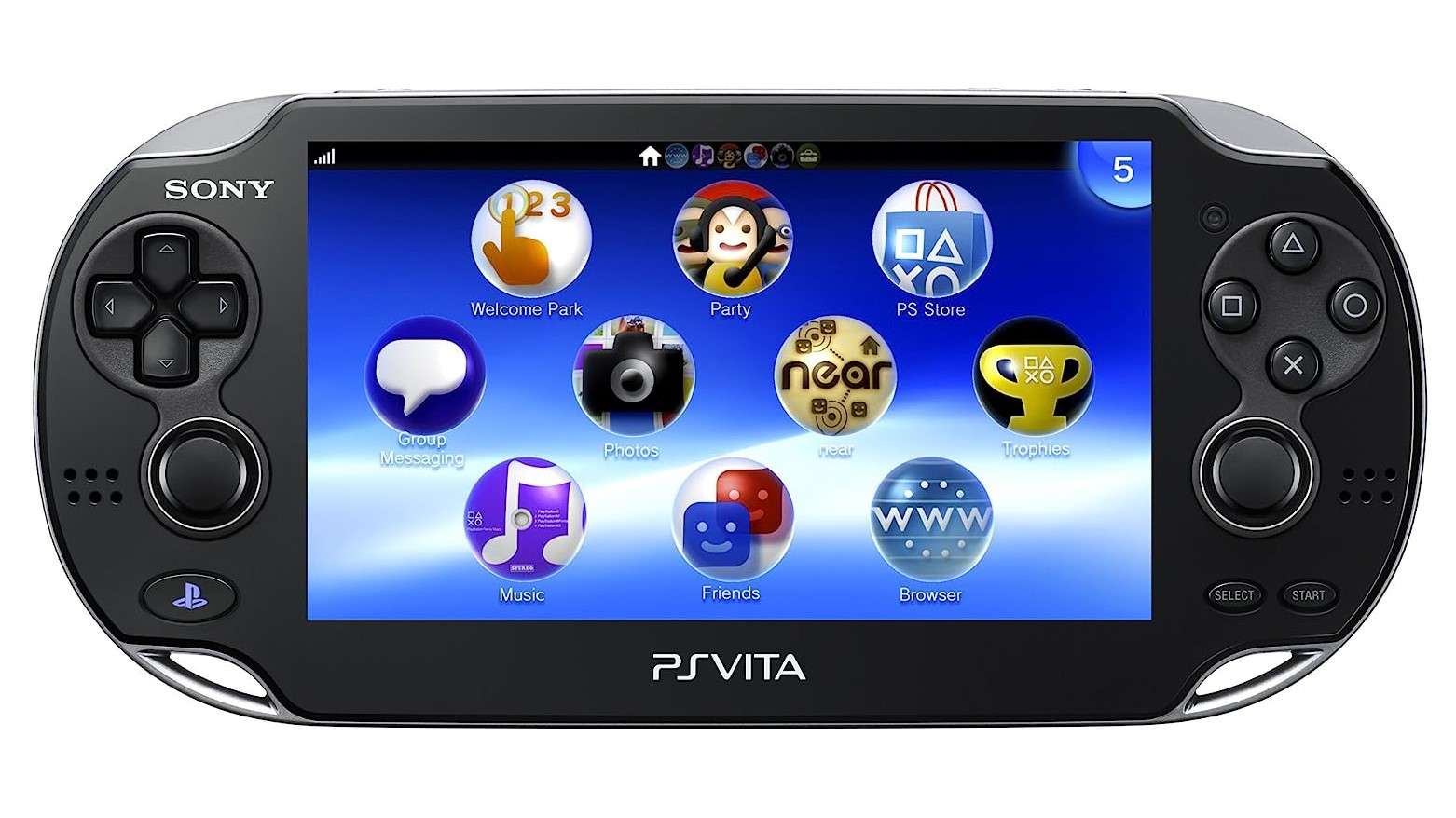For a company that makes the most popular console on the planet, Sony sure doesn’t seem to understand handhelds.
Its phones are great, but with price tags that can charitably be described as “optimistic”, while its dedicated gaming handhelds — the PSP and Vita — offered solid hardware but next to no long-term support. The less said about the Xperia Play — an ill-fated attempt to combine the two — the better.
Not to be deterred, Insider Gaming reports that Sony is coming back with a third PlayStation-branded handheld, codenamed “Q Lite”. This time, Sony won’t be held back by a lack of support as it’s not going to come with any exclusive games.
In fact, the system won’t play games locally at all. According to Insider Gaming’s sources, this new machine will simply stream titles from your PS5 which makes it pretty limited, only letting you play games if A) you own a PS5 and B) are on the same WiFi network as it whenever you want to play.
It’ll apparently have an 8in 1080p LCD touchscreen, with games streaming up to 60fps. It’ll have haptic feedback and adaptive triggers like the PS5’s DualSense pad, and will include speakers and a headphone jack, just in case you don’t want tinny audio echoing around the room.
Bluntly, I think this is an idea doomed to failure for one simple reason: everybody already has a Remote Play device in their pockets already, as pretty much any phone released in the last five years supports the Remote Play app (Android 8 or iOS 13 required). Yes, you need to connect a Bluetooth gamepad or dedicated phone grip if you want to have a passable time with it, but it’s still an option.
The only way I can see Q Lite taking off is if Sony prices it very competitively — as in under NZ$200. And let’s be real: this is Sony we’re talking about, and “competitive pricing” simply isn’t in the company’s corporate DNA.
If it’s closer to NZ$600, then you may as well go all out and import a Steam Deck, which lets you use Remote Play alongside hundreds of other compatible PC games.
There’s still time for the project to be quietly jettisoned. The report claims that the device is likely to launch before the end of 2024 — just in time not to be included on every boy and girl’s Christmas wishlist.

